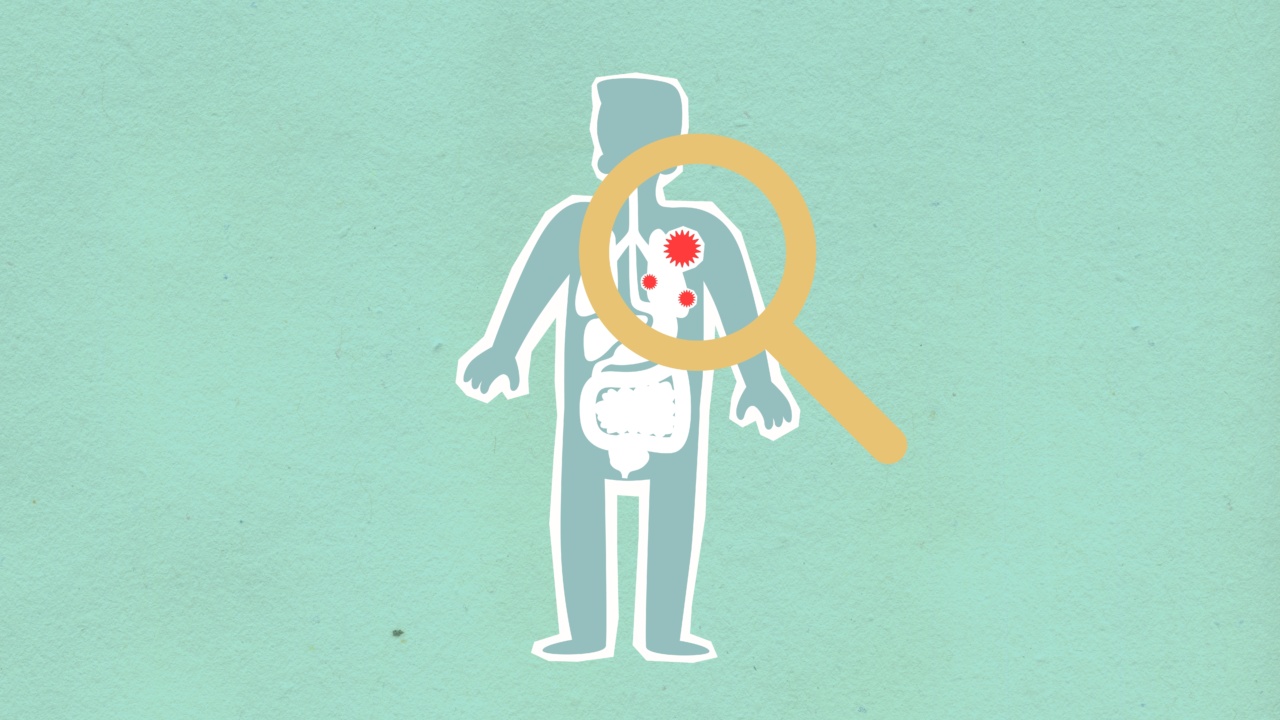The endocrine system plays a crucial role in regulating various bodily functions, including fertility. When the endocrine system malfunctions, it can lead to a range of disorders known as endocrine diseases.
These conditions can have a significant impact on fertility in both men and women. In this article, we will explore some common endocrine diseases that affect fertility and how they can be managed.
1. Polycystic Ovary Syndrome (PCOS)
PCOS is a hormonal disorder that affects women of reproductive age. Women with PCOS have enlarged ovaries with multiple small cysts.
This condition is associated with an excess production of androgens, the male hormones, leading to irregular periods and ovulation difficulties. PCOS is a common cause of female infertility.
2. Hypothyroidism
Hypothyroidism occurs when the thyroid gland does not produce enough thyroid hormone. This hormone is essential for regulating the metabolism and reproductive function.
Women with hypothyroidism may experience irregular periods, anovulation (lack of ovulation), and recurrent miscarriages. Adequate thyroid hormone replacement therapy can help manage these fertility issues.
3. Hyperthyroidism
Hyperthyroidism, on the other hand, is an overactive thyroid gland that produces excessive thyroid hormone. This condition can disrupt the menstrual cycle and affect ovulation, leading to infertility.
Treatment options for hyperthyroidism, such as medications or radioactive iodine therapy, can help restore normal thyroid function and improve fertility.
4. Diabetes
Diabetes is a metabolic disorder characterized by high blood sugar levels. Both type 1 and type 2 diabetes can affect fertility. In men, diabetes can lead to erectile dysfunction and reduced sperm quality.
In women, uncontrolled diabetes can cause menstrual irregularities, hormonal imbalances, and an increased risk of miscarriage. Adequate blood sugar control through medication, diet, and exercise is essential for managing fertility in diabetic individuals.
5. Hyperprolactinemia
Hyperprolactinemia is a condition characterized by elevated levels of prolactin, a hormone responsible for milk production in breastfeeding women. Excess prolactin can suppress ovulation and disrupt the menstrual cycle, leading to infertility.
Medications called dopamine agonists are commonly prescribed to lower prolactin levels and restore fertility in women with hyperprolactinemia.
6. Endometriosis
Endometriosis is a common condition in which the tissue lining the uterus grows outside the uterus. This abnormal growth can result in the formation of scar tissue, adhesions, and cysts.
Endometriosis can cause pelvic pain, heavy menstrual bleeding, and infertility. Surgical intervention and hormone therapy are common treatment options to manage endometriosis and increase the chances of successful conception.
7. Congenital Adrenal Hyperplasia (CAH)
CAH is a genetic disorder that affects the adrenal glands, leading to hormonal imbalances and excess production of androgens.
In females, CAH can cause virilization (development of male characteristics), irregular menstrual cycles, and difficulty conceiving. Treatment involves hormone replacement therapy to regulate and maintain appropriate hormone levels.
8. Hypogonadism
Hypogonadism refers to a condition in which the sex glands (testes in males and ovaries in females) produce little or no sex hormones.
This can result in infertility, as well as other symptoms such as delayed puberty, reduced libido, and erectile dysfunction in men. Hormone replacement therapy can help restore normal hormone levels and improve fertility in individuals with hypogonadism.
9. Cushing’s Syndrome
Cushing’s syndrome is a rare disorder characterized by high levels of cortisol (a stress hormone) in the body. This condition can interfere with normal ovulation and menstrual cycles in women, leading to infertility.
Treatment options include surgical removal of adrenal tumors or medication to control cortisol levels and restore fertility.
10. Premature Ovarian Insufficiency (POI)
POI, also known as premature ovarian failure, occurs when the ovaries stop functioning before the age of 40. This leads to a decline in egg quantity and quality, causing infertility.
POI can result from genetic factors, autoimmune disorders, chemotherapy, or radiation therapy. Hormone replacement therapy and assisted reproductive technologies, such as in vitro fertilization (IVF), can help women with POI conceive.
Conclusion
Endocrine diseases can significantly impact fertility in both men and women. However, with proper medical intervention and management, many individuals with endocrine disorders can achieve their dream of parenthood.
If you suspect you may have an endocrine disease and are struggling with infertility, consult with a healthcare professional who specializes in reproductive endocrinology for a comprehensive evaluation and personalized treatment plan.






























